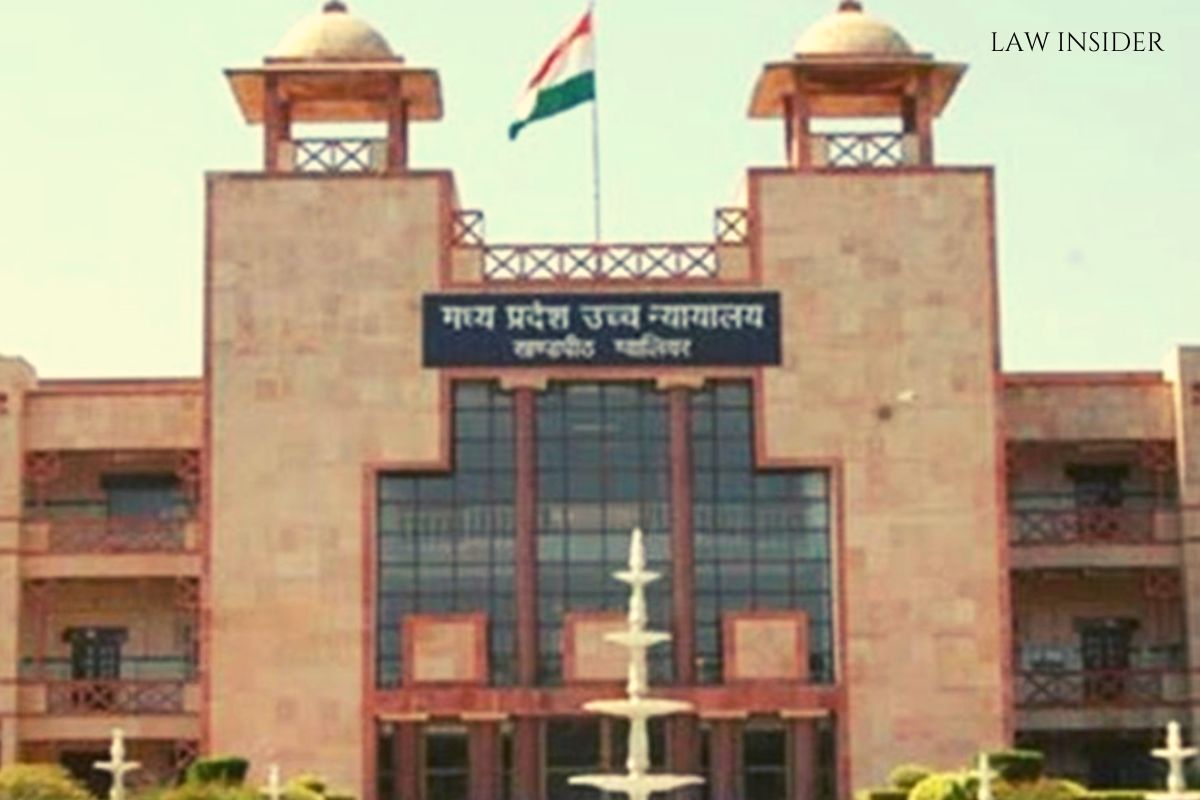Sakina Tashrifwala
Published on: November 9, 2022 at 19:48 IST
The High Court was recently informed by the Madhya Pradesh State Police that serving an arrest warrant via WhatsApp does not comply with Section 71 of the Criminal Procedure Code.
The argument was presented before Justice G.S. Ahluwalia’s bench, which was debating a bail plea.
According to the case’s facts, the applicant was on trial for offences covered by Sections 302 and 34 of the IPC. He had submitted his sixth bail application, claiming that the delay in his trial was the reason.
Reading over the records, the Court discovered that the trial court had issued an arrest warrant for a prosecution witness because of his failure to appear, instructing the police to bring him in on the following hearing date.
However, the witness was not present at the hearing that followed.
The officer in question defended the decision by noting that the witness in question received warning through Whats App message.
The lower court had asked the officer in question for a response after finding the justification to be insufficient and asking why no action could be taken against him in accordance with Police Regulation No. 29.
The High Court ordered the State to submit its reply on record to provide answers to the questions raised after noting that the concerned official did not file a reply in accordance with the lower court’s instructions.
In light of this, the State’s attorney requests and receives one day to submit the Senior Superintendent of Police, Gwalior, as well as the SHO, Police Station Hazira, District Gwalior’s responses regarding how an arrest warrant can be carried out solely by sending a message on WhatsApp, and whether or not the police had a duty to detain the witness and bring him or her before the Trial Court.
In addition, the SHO of Police Station Hazira, District Gwalior, must state whether or not he has sent a reply to the Trial Court.
The Senior Superintendent of Police responded by informing the Court that there is no such method for serving arrest warrants under Section 71 CrPC through WhatsApp messaging and that action is being taken against the delinquency-related offences.
The SHO, Manish Dhakad, and Constable, Kamlesh Chaurasiya, were supposed to execute the warrant of arrest in accordance with Section 71 of the Criminal Procedure Code, and there is no procedure for doing so by sending it to the person in question via WhatsApp, the SSP of Gwalior argues in his reply, which was submitted in response to the order dated 2/11/2022.
As a result, a notification has been sent to the two individuals mentioned above asking them to provide justification for why departmental action should not be taken against them.
The SHO in question was given clear directions by the trial court, but the court was shocked that he had not responded with a justification for why no action should be taken against him.
It is shocking that the SHO of Police Station Hazira, District Gwalior, did not submit a response despite receiving a clear order from the Trial Court on September 9, 2022, directing him to do so in order to explain why action could not be taken against him in accordance with Section 29 of the Police Regulations.
The claim that the SHO of Police Station Hazira, District Gwalior, made oral arguments before the Trial Court is demonstrably incorrect because it is not supported by the Trial Court’s subsequent order-sheets.
It is evident that the SHO of Police Station Hazira in the District of Gwalior was not only negligent in the performance of his duties but also failed to comply with the Trial Court’s order dated 9/9/2022.
Following its observations, the Court instructed the SHO to submit his response to the trial court.
It further instructed the trial court to issue a ruling after taking the aforementioned reply and the SSP’s reply into account.
It further instructed the SSP to report to the Registrar on the actions taken to discipline the indiscreet officers.
The court subsequently ordered a probe into the absence of the prosecution witness, noting that his conduct had violated the accused’s right under Article 21 of the Indian Constitution.
“No more instructions are necessary in this instance since Dr. H.L. Manjhi has already been detained and brought before the court.”
“Although this act on the part of Dr. H.L. Manjhi is in flagrant violation of Article 21 of the Indian Constitution, where the trial is being delayed as a result of his non-appearance before the Trial Court and the accused is in custody, the Disciplinary Authority of Dr. H.L. Manjhi is directed to look into the situation and to take necessary action against Dr. H.L. Manjhi for not responding to the summonses and bailable warrants.”
Regarding the application’s merits, the Court noted that the Applicant’s prior bail application had been rejected on the basis of merits, and the only thing that had changed since then was the delay in the trial.
The bail application lacked validity because the prosecution, witness who was the cause of the delay, had been dealt with. The application was therefore denied.

